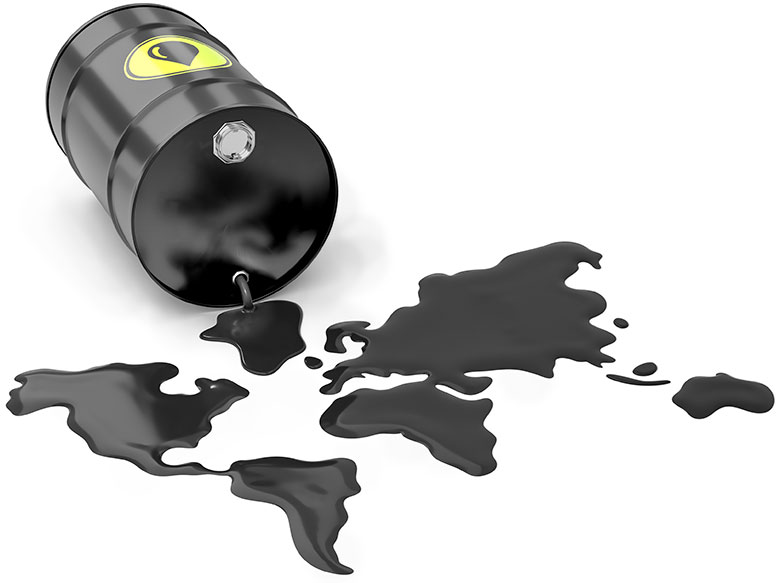Crude oil prices rose to their highest levels since October 2023 on Monday, April 2, 2024, supported by expectations of lower supply amid OPEC+ production cuts and attacks on Russian refineries, along with strong data from China’s manufacturing sector that supported demand expectations.
Brent crude reached $112.50 per barrel, up $2.50, while U.S. West Texas Intermediate crude rose $2.40 to $109.60 per barrel.
| Oil Type | Current Price | Change |
|---|---|---|
| Brent Crude | $112.50 per barrel | +$2.50 |
| WTI Crude | $109.60 per barrel | +$2.40 |
| Murban Crude | $113.35 per barrel | +$2.70 |
| RBOB Gasoline | 2.712 cents per gallon | +0.002 cents |
The rise comes after the OPEC+ group, which includes the Organization of the Petroleum Exporting Countries (OPEC) and its allies, agreed in March to cut production by 100,000 barrels per day in May, in an effort to support prices.
Attacks on Russian refineries in Bryansk and Belev over the weekend also helped support prices, as they disrupted production and raised concerns about supply.
In China, data today showed strong growth in the manufacturing sector in March, pointing to higher demand for crude oil in the world’s largest oil importer.
The risk resulting from high oil prices

However, there are still some risks that threaten the outlook for higher oil prices, including the possibility of a global recession, which could lead to lower demand for oil.
The release of strategic oil reserves by the United States and its allies could also put pressure on prices.
Overall, oil prices are expected to remain high in the near term, supported by multiple factors, including OPEC+ cuts, attacks on oil facilities, and strong demand growth from China.
However, it is important to monitor the risks that threaten the outlook for higher oil prices, such as the possibility of a global recession or the release of more strategic oil reserves.
source: lualuatv


